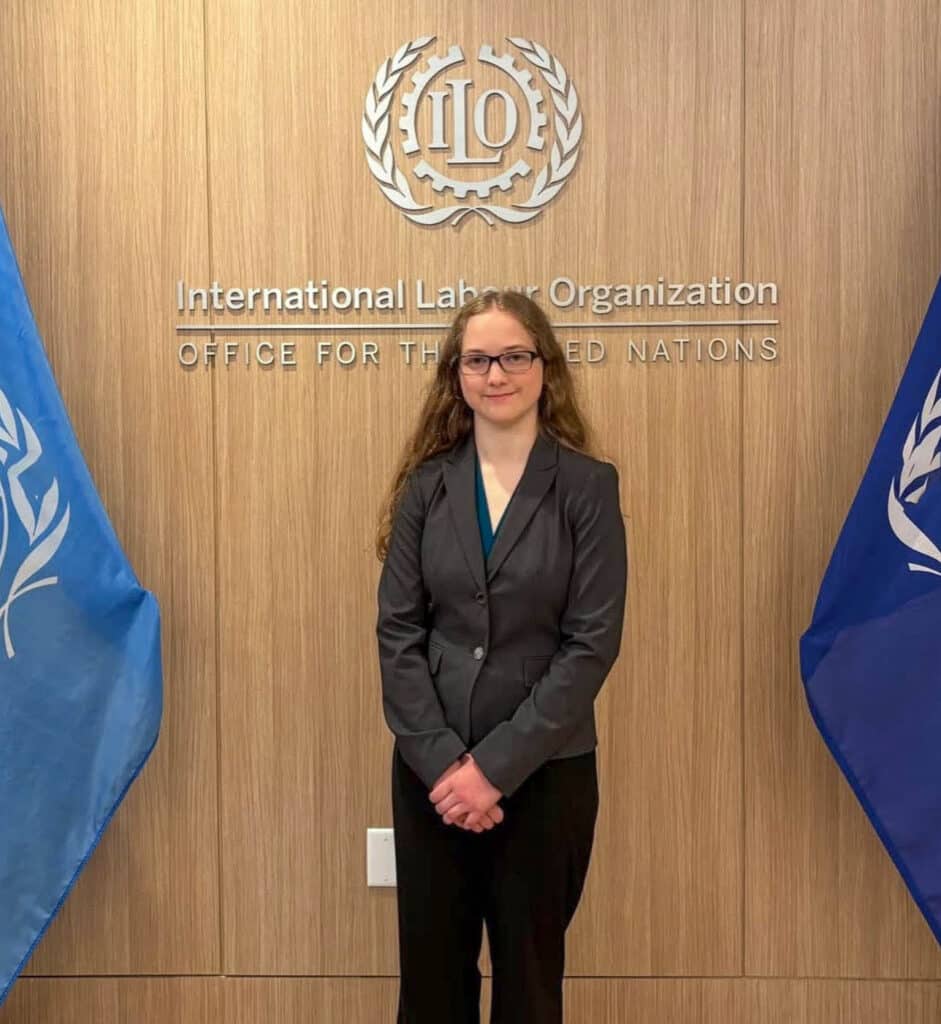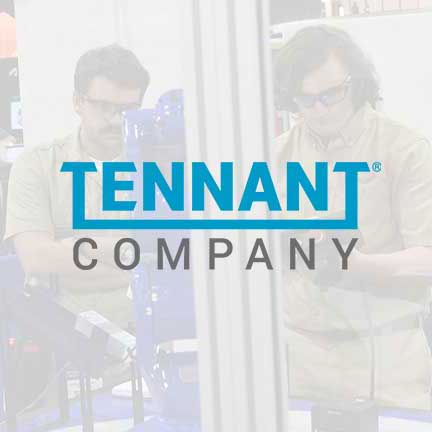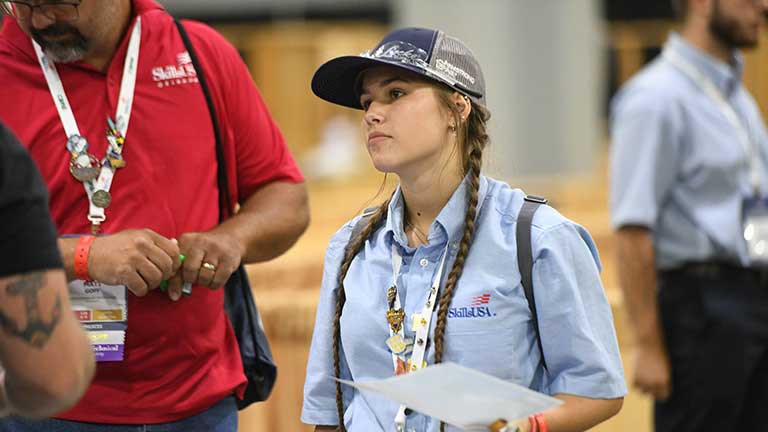Audrey Norris, a SkillsUSA National Officer (2023-2024) and national gold medalist in Interactive Application and Game Development (2022), recently brought her perspective on AI and its impact on the jobs of tomorrow to a panel discussion with global policymakers and youth advocates.
The panel was one of several events happening around the globe in celebration of World Youth Skills Day. Recognized by the United Nations, the day is celebrated to highlight the importance of equipping young people with the vocational and technical education to transform the world.
Norris, who was invited by WorldSkills to participate in the panel hosted by UNESCO and the International Labour Organization in New York, was asked to discuss ways in which young people can effectively and ethically engage with AI.
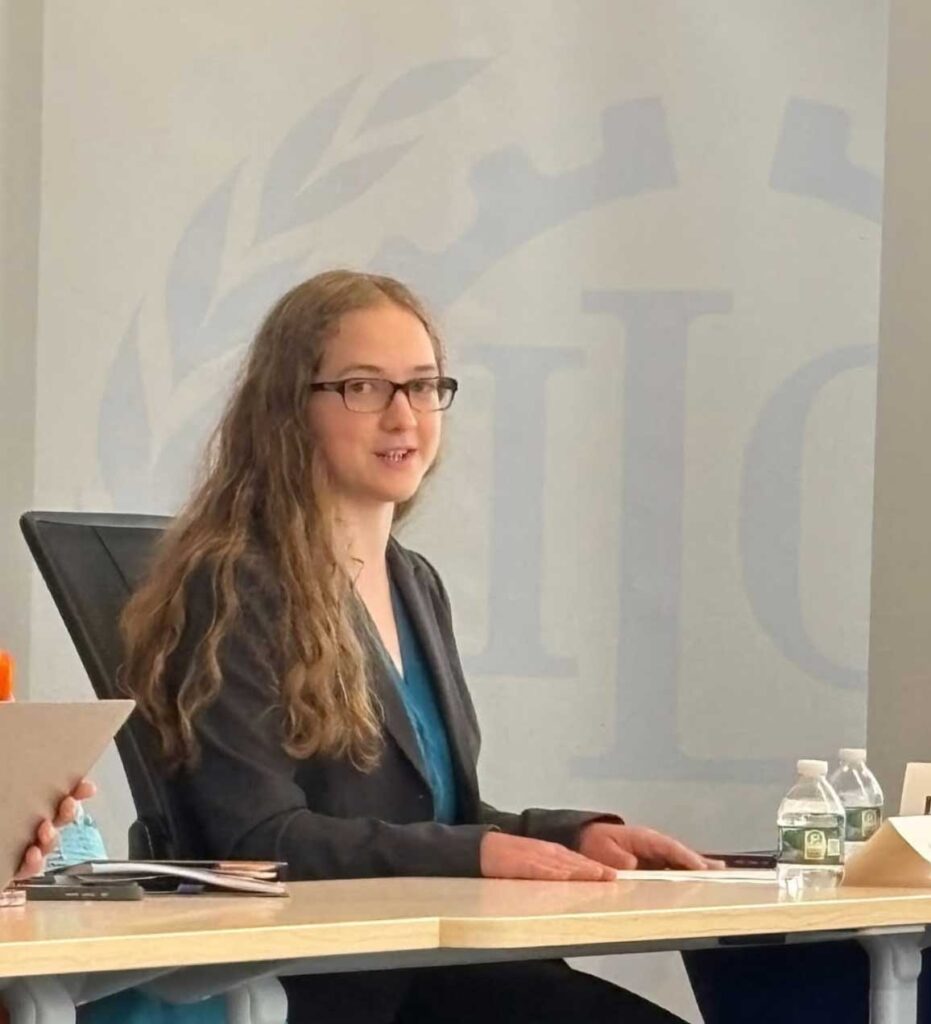 Here is Norris’ response:
Here is Norris’ response:
“Let me start with a question I’ve been asked a dozen times — one that echoed through headlines and from my own family ever since my freshman year of college: ‘Is AI going to replace your job?’
As a student in the GIMM program, an interactive applications development degree, at Boise State — and as a proud member of SkillsUSA, the #1 workforce organization for students that’s pushed me to grow not just as a creator but as a leader — this question has felt especially daunting. I work at the intersection of technology, creativity, and communication, and like so many in my generation, I’ve spent the past few years trying to understand how AI fits into all of that.
Of course, we’ve all experimented with AI, trying to see if it’s really ‘better’ — and we’ve learned some things. Many students now use AI to streamline their work — some even rely on it to do their homework entirely. Educational platforms, too, are increasingly AI-driven. That makes a lot of sense, right? Like a calculator, AI can automate something that would take time and effort — a shortcut with a well-phrased prompt.
But what happens when that shortcut becomes your default? When you turn to AI not just occasionally, but for every question, every assignment, every challenge?
You stop learning.
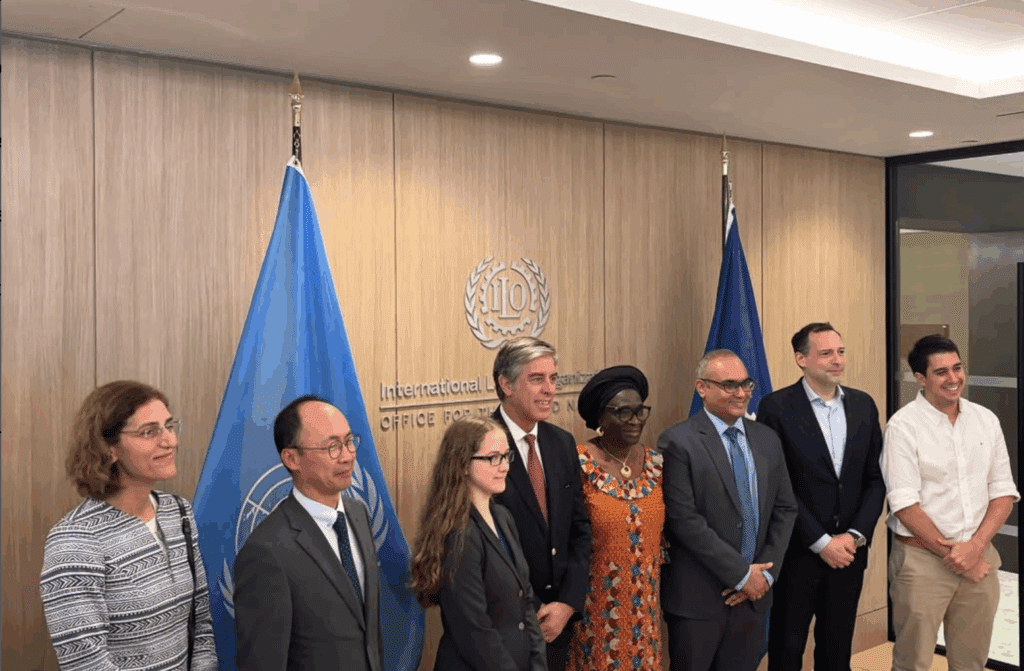
AI is not like a calculator. A calculator helps you solve a problem you already understand. But AI can answer the question for you — and that’s where the risk lies. The moment you start using it to avoid grappling with the hard stuff, you’re not saving time — you’re choosing not to learn. That choice has a cost, foundational skills sacrificed for convenience. It’s not just grades but your confidence, your skills and your ability to problem solve.
That’s why learning how and when to use AI is a responsibility — Because in the end, it’s your growth on the line.
This is where empowerment becomes essential. Both students and educational institutions are still learning how to navigate this new landscape.
While reflecting on my own experiences with AI, I came across a New York Times special issue on the topic. Like many articles, it opened with the familiar question: “Will AI take your job?” But what stood out wasn’t the headline — it was what the author chose to do. He confessed that he tried to write the piece using AI. It would’ve been faster, easier — but in the end, he couldn’t bring himself to do it.
Why?
Because he realized something important: he wasn’t hired just to produce words. He was responsible for the meaning behind them— for the outcome, not just the task.
My generation must bear the full weight of responsibility on how AI is handled — whether to use it, how to use it, and when to resist it. Education is the ideal place to begin, because it’s often the first setting where we’re held accountable for the outcomes of our actions, not just effort.
This is the foundation of digital literacy: the ability to understand, evaluate, and communicate information effectively — including the information we generate with AI. As language models become increasingly embedded in our daily lives and future workplaces, these skills will be essential.
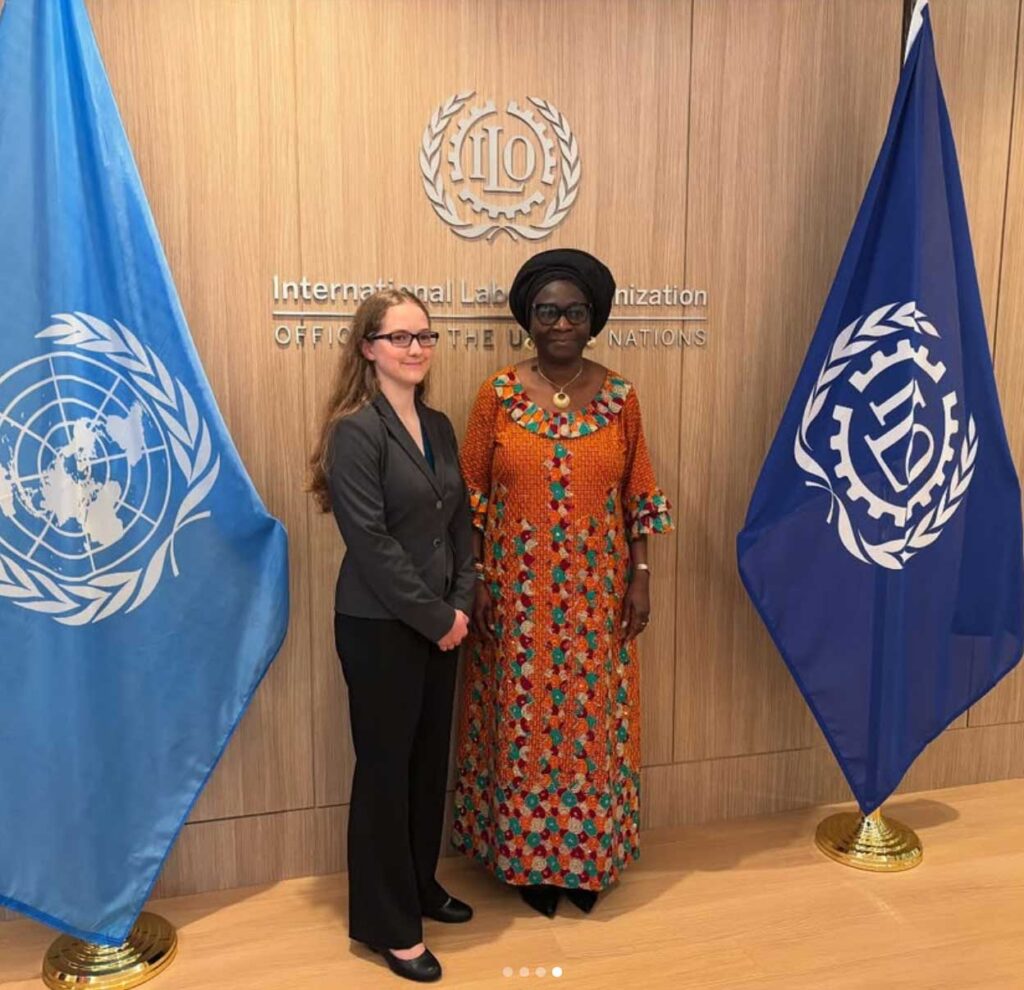 UNESCO recently published recommendations on the Ethics of Artificial Intelligence. Their educational policy guidance is especially relevant — emphasizing not just technical skills, but also ‘learning how to learn,’ critical thinking, and ethical awareness. As jobs evolve, shift, or even disappear in response to AI, these core skills will help students adapt and thrive in the workforce. In a world where the tools may constantly change, it’s the ability to think critically, learn continuously, and act ethically that will remain essential.
UNESCO recently published recommendations on the Ethics of Artificial Intelligence. Their educational policy guidance is especially relevant — emphasizing not just technical skills, but also ‘learning how to learn,’ critical thinking, and ethical awareness. As jobs evolve, shift, or even disappear in response to AI, these core skills will help students adapt and thrive in the workforce. In a world where the tools may constantly change, it’s the ability to think critically, learn continuously, and act ethically that will remain essential.
In my own program these conversations are becoming more common. We’re encouraged to explore new tools, including AI, but also to understand the implications behind using them. In classes that blend art, technology, and user experience, the focus is often not just on what we can build, but why we’re building it — and what it means to do so responsibly.
Like students everywhere, we’re still figuring it out. But being part of a program that values both innovation and ethical grounding has shown me just how essential that balance is.
With my senior year ahead of me, I still return to that question: ‘Is AI going to take my job?’
I’ve come to believe the answer is no — not if we adapt. AI will change our jobs, reshape our workflows, and demand new skills. But it can’t replace the human drive to learn, reflect, and create.
As long as we treat AI as a supplement, not a substitute — and as long as education equips us with critical thinking and ethical grounding — we’ll be ready for whatever comes next.”
Editor’s Note: Norris’ response has been published in its entirety with her permission.
For more information about SkillsUSA, contact:
SkillsUSA Inc. is a national nonprofit and tax-exempt student organization under the Internal Revenue Service Code, Section (501)(c)(3).
SkillsUSA is committed to a learning and working environment free from all forms of discrimination. Learn more.
Customer Care
844-875-4557 | customercare@skillsusa.org
Mailing Address
673 Potomac Station Dr., PMB #809
Leesburg, VA 20176
